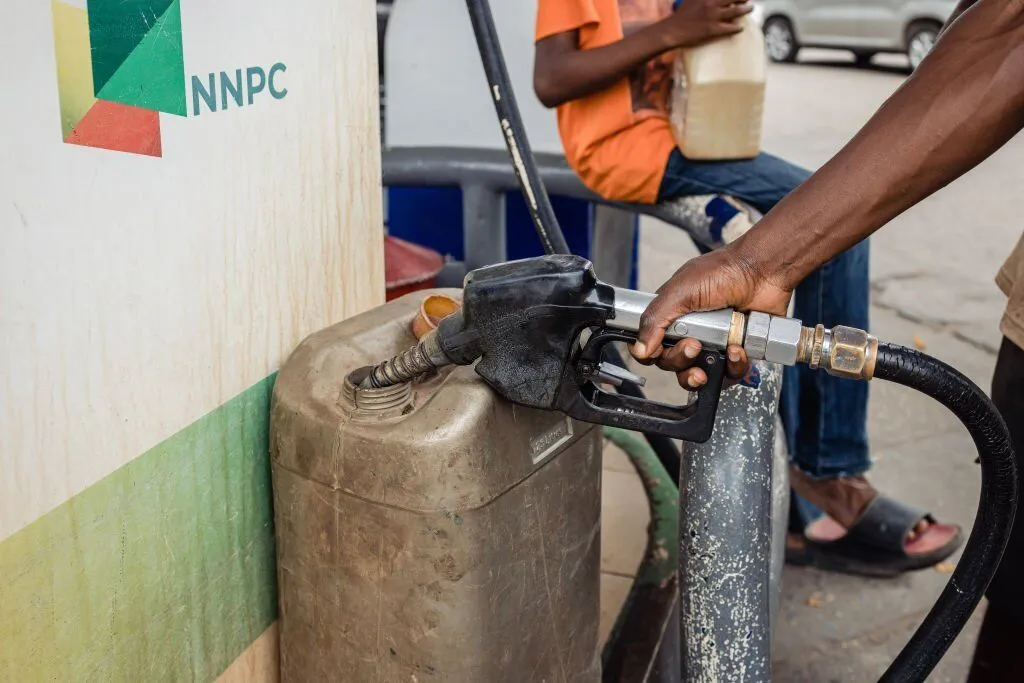
The first post-restructuring financial statement of the Nigeria National Petroleum Company Limited (NNPCL) has exposed the structural defects of the oil company as it seems to thrive more on product trading and less as an upstream operator.
On its face value, the company has grown its profit exponentially to N2.52 trillion ($2.7 trillion). But the performance is relatively low compared with its peers such as Petronas, Qatar Energy, Petrobras and Saudi Aramco.
The company made $2.7 billion at a time Saudi Arabia’s oil company declared $161 billion.Also, the importation and trading of petroleum products remained the breakthrough for the company in 2022.
At a time when other national oil companies are making billions in dollars from crude oil and gas sales and export of finished products, Nigeria’s revenue from sales of imported petroleum products was the highest in the NNPC book in 16-month standing at about N4.5 trillion, about N1 trillion higher than the total export of crude oil, which stood at N3.5 trillion.
In a period christened as a decade of gas, revenues from gas stood at a meagre N683 billion or less than seven per cent of its retained revenue.
Its operating margin, according to the report, stood at about 25 per cent, a modest improvement from the past performance. But it was still less than what its contemporaries recorded.
For instance, Saudi Aramco’s operating margin (ratio of profit to revenue) was over 50 per cent in the same year while that of Petronas was over 40 per cent.
Petronas recorded an operating profit of $31 billion, revenue of $75 billion and assets of $162 billion in the same reporting year. These translated to an operating margin of 40.9 per cent and an asset turnover ratio of 46.3 per cent.
In the same period, Qatar Energy got away with $26.7 billion in operating profit and $53.8 billion in revenue, which translated to 49.6 per cent operating margin.
NNPC, in its audited financial statement, which saw the company record N2.5 trillion profit in 2022, revealed that the revenue from the sales of natural gas was N683 billion while revenue from services was N100 billion.
The period was a bumper harvest for most oil companies; Aramco’s profit increased by 46.5 per cent to a record $161.1 billion in 2022, compared to $110 billion posted in 2021.
While Nigeria’s profit was linked to trading of imported products, Aramco earned its money from “stronger crude oil prices, higher volumes sold and improved margins for refined products”.
Until recently, NNPC had been a loss-making entity for decades and another parallel government that never saw the need for transparency as the national oil company has been repeatedly described as a cash cow for a few privileged Nigerians.
In 2019, the company released its first financial statement with a loss of N803 billion for 2018. The next year, the oil firm declared a loss of N1.7 billion. In 2020, another statement showed a profit of N287 billion while the 2021 profit reflected N678 billion.
Last week, the company released a statement showing a profit of N2.5 trillion. The profit figure for the 16 months ending 2022 was the highest profit since the inception of the national oil firm.
But the company may have also been grappling with rising expenses, the national oil firm spent about N1.7 trillion, more than half of the profit as operating and administrative expenses.
The downsides to the future of the company may have continued. In the period, it wrote off a whopping N87.2 billion on unsuccessful wells even as its natural gas performance remained abysmally poor.
The decomposition of the profit of NNPCL also raises many questions. According to Waziri Adio, an analyst, the oil giant has overleveraged, which raises questions about its future sustainability.
“It should be noted that N1.172 trillion (or 46 per cent) of the profit came from other incomes, including N501.35 billion from a gain in variation in prices of crude stock. But more interestingly, NNPCL had a liability of N2.15 trillion in 2022: N926.8 billion in unpaid royalty and N1.22 trillion in unpaid taxes. There is no note on why those liabilities were not paid or netted off the record profit.
“NNPCL secured a loan of $1.036 billion from Lekki Refinery Funding Limited, out of which it gave $1 billion to DPRP, FZE and incurred $36 million as transaction cost. The loan and the cost will be repaid to the lender in crude oil of 35,000 barrels per day. The outstanding $1.76 billion of the 20 per cent stake in DPRP, FZE will be paid to the refinery through crude oil of 300, 000 barrels per day (calculated at a discount of $2.5 per barrel of crude) and 100 per cent of the dividend from its stake in the refinery,” Adio said in his analysis.




